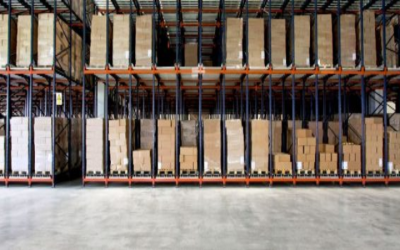Relocating, even to a new and better venue, can be a stressful endeavor. Especially in the professional setting, the chance of losing or damaging vital data and information is an intimidating prospect. However, with good data maintenance practices and a plan in mind, the odds of losing something irreplaceable can be reduced to a much more manageable state. These tips can help you keep your information and your peace of mind safer.
Have Backups of Digital Data
Chances are, you already run daily or weekly backups to your files. However, it’s important to be relocating that data to a separate location, rather than just to another file area on your computer. A separate or external hard drive is an excellent way to keep your data safe, and can come in a variety of sizes. For extra protection, you can also back up files to a cloud storage. Be careful about doing this with sensitive data, however, such as social security numbers or passwords.
Carefully Keep Track of Hard Copies
Having both a hard and a digital copy of your information is always a good idea, though it can be difficult moving and keeping track of all your paperwork as well. Therefore, it’s important to carefully label all boxes and files and do your best to have an inventory of all boxes needed. Additionally, using a commercial moving company may help you with the actual relocating aspect of the process as well.
Practice Good Data Safety
Even once you’ve successfully relocated, your data may not be entirely be safe. Be sure to guard against overheating and electrical surges in and around your electronics equipment. Make sure all fans and vents inside your computers are unobstructed and running smoothly, and when possible use grounded outlets or surge protectors to keep the electronics as safe as possible. Also be on the lookout for any unknown leaks or places of seepage in the floor, and be sure to keep sensitive files and equipment away from those areas.


